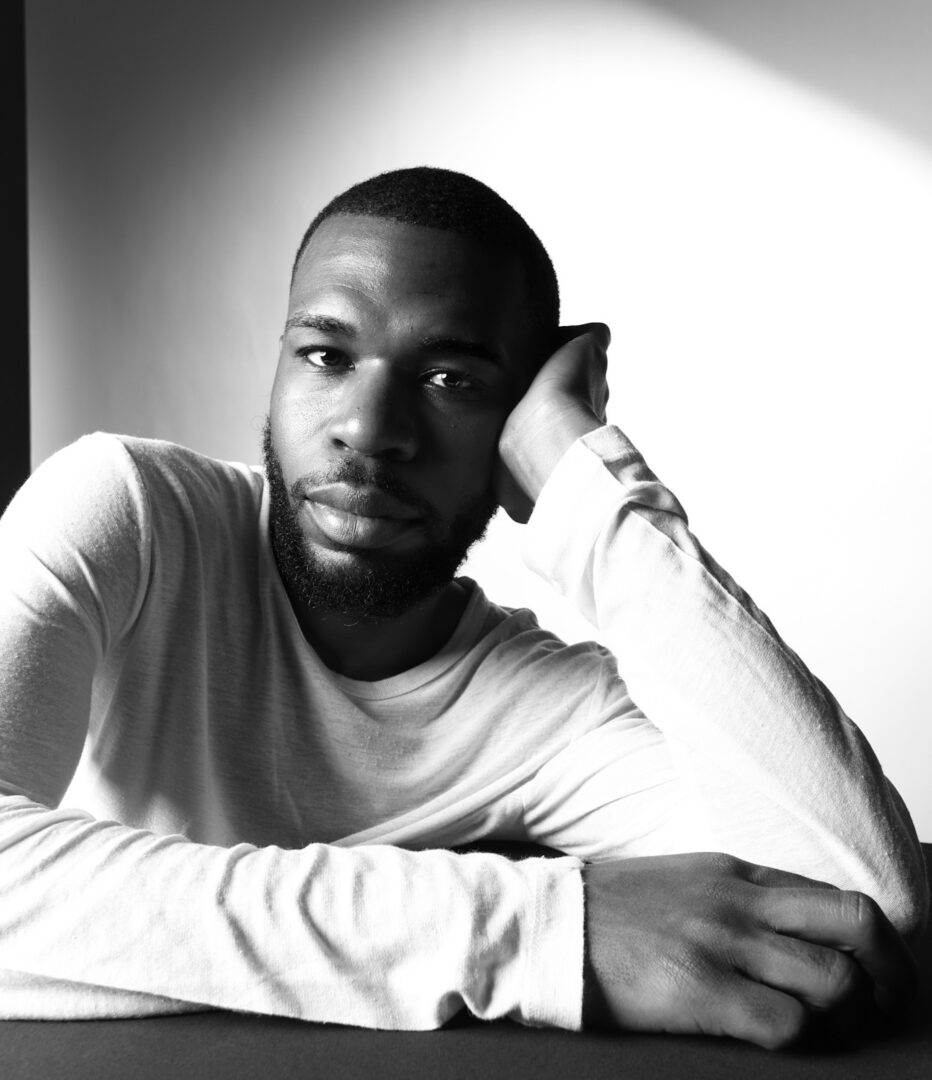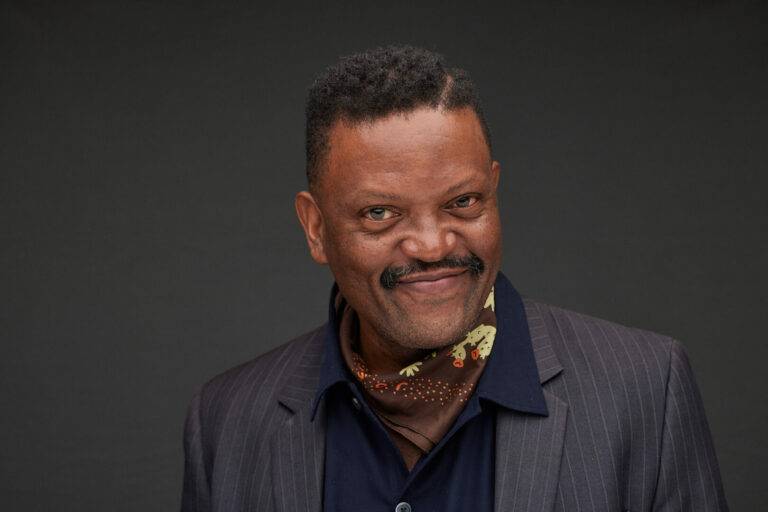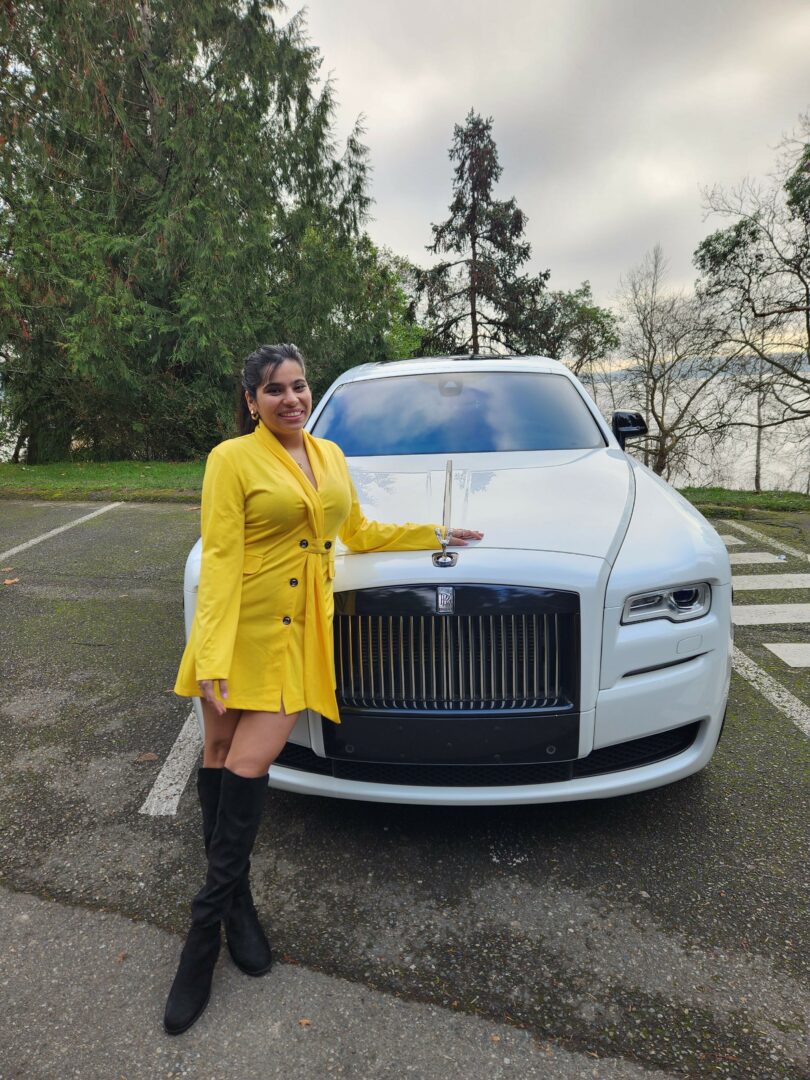Alright – so today we’ve got the honor of introducing you to Ray Anthony “zen” Eddie. We think you’ll enjoy our conversation, we’ve shared it below.
Ray Anthony “ZEN”, first a big thank you for taking the time to share your thoughts and insights with us today. I’m sure many of our readers will benefit from your wisdom, and one of the areas where we think your insight might be most helpful is related to imposter syndrome. Imposter syndrome is holding so many people back from reaching their true and highest potential and so we’d love to hear about your journey and how you overcame imposter syndrome.
For me, overcoming imposter syndrome isn’t about defeating it entirely—it’s about learning to live with it and even embrace it as a sign of growth. I’ve realized that as long as I’m striving for more, pushing boundaries, and evolving, that feeling of “not quite belonging” might always be there. And, in a way, I’ve made peace with that.
Every time I grow, I step into a version of myself I’ve never been before. Who I am today is worlds apart from who I was two years ago—or even a few months ago. Each new level of achievement introduces me to a reality I couldn’t have imagined before, which naturally comes with some uncertainty. But rather than letting that uncertainty paralyze me, I’ve learned to accept it as a natural part of the process.
The moment I stopped fighting imposter syndrome and instead welcomed it as evidence of my progress, it became easier to let go of self-doubt and focus on doing the work. I remind myself that the life I’m building—the dreams I’m chasing—requires me to become someone new over and over again. And that’s not something to fear; it’s something to celebrate.
So, in a strange but empowering way, I’ve come to view imposter syndrome as a companion on my journey—a reminder that I’m growing, evolving, and stepping into my purpose. It’s no longer about “getting over it” but about moving forward despite it, trusting that the work I do will always speak louder than my doubts.
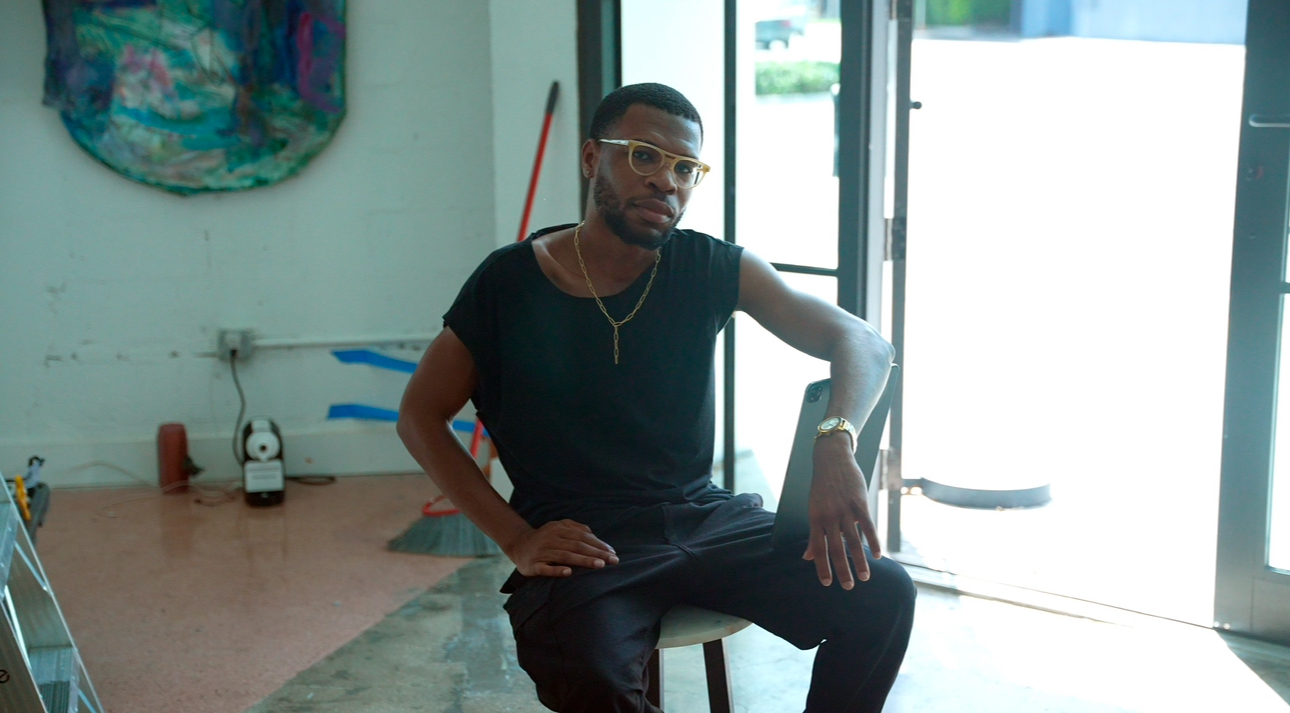
Thanks, so before we move on maybe you can share a bit more about yourself?
My story is one of continuous evolution, driven by a deep passion for creativity, storytelling, and community. I’m a photographer and art curator, and my work centers on exploring themes of duality, heritage, and human evolution. Whether through my photography or the exhibitions I curate, my goal is always to create connections—between people, their histories, and the larger world around them.
Photography is where my journey began, and it remains the foundation of my creative expression. My images are reflections of my personal evolution, capturing stories of self-discovery, family, and identity in a way that feels intimate yet universally relatable. I find so much joy in using this medium to spark dialogue and introspection.
Curating art exhibitions is another way I translate my creativity into something tangible and communal. I believe in the power of art to bring people together and highlight the beauty and complexity of our shared experiences. What excites me most about curating is the ability to spotlight emerging voices and connect them with audiences who might otherwise never encounter their work. It’s about creating spaces where stories can be told, ideas can be shared, and communities can grow.
Recently, I made a big transition by moving to Baltimore from Miami. This move represents a new chapter for me, both personally and professionally. In Baltimore, I’m focusing heavily on community-building projects, deepening my research into Black American culture and history, and exploring ways to merge art with social impact. I’ve also taken a significant step in furthering my professional growth by enrolling in a university here, which is helping me refine my vision and expand my skillset.
What sets my work apart is its authenticity and intention. Everything I do—whether it’s photography, curating, or community work—is rooted in my desire to create meaningful connections and leave a lasting legacy. For me, it’s not just about the art itself but the impact it has on people’s lives and the stories it helps to tell.
Looking ahead, I’m excited to be working on several new initiatives, including collaborations with local artists and cultural institutions in Baltimore. I’m also expanding my online platform, Xqsitor, where I interview contemporary artists and share insights about their creative processes. These projects represent my commitment to fostering dialogue, building bridges, and celebrating the richness of the human experience through art.
Ultimately, my story—and my work—are about using creativity to inspire, connect, and empower. I want people to know that art isn’t just something to observe; it’s something to feel, engage with, and use as a tool for transformation. That’s the mission I’m dedicated to, and I’m excited to continue sharing it with the world.
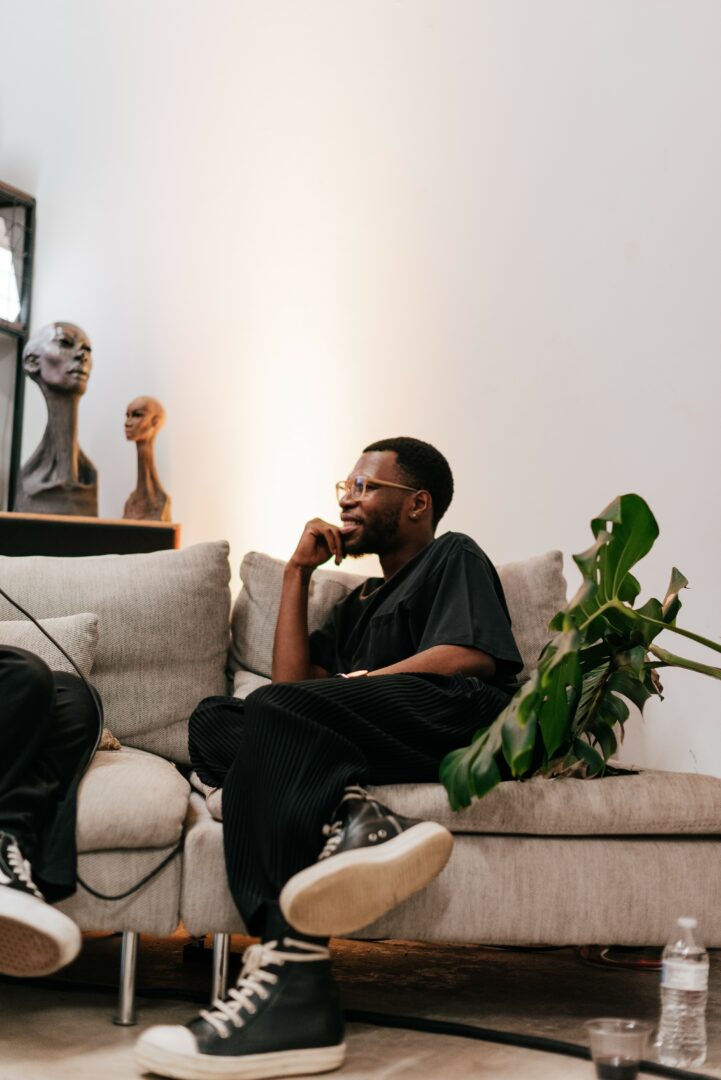
Looking back, what do you think were the three qualities, skills, or areas of knowledge that were most impactful in your journey? What advice do you have for folks who are early in their journey in terms of how they can best develop or improve on these?
Looking back, three qualities have been most impactful in my journey: the ability to genuinely connect with people, a mindset focused on being of service to others, and an unshakable commitment to personal growth.
The first quality, relating to and communicating with people, is essential. When you meet someone, it’s not about what you say about yourself—it’s about how you show up in the moment. Your nonverbal communication, your energy, and your presence should convey who you are without the need for words. At the same time, your words should reflect a genuine interest in others. People can sense authenticity, and showing that you truly care about their stories and perspectives builds trust and meaningful relationships.
The second quality is cultivating a mindset of service. Early in my journey, I learned to ask myself not, “What can this person do for me?” but instead, “How can I help them?” This shift in focus has been a game-changer. By striving to be a resource for others, you naturally develop value in your life and your work. People remember those who help them, not because they want something in return, but because they see the potential in others and want to contribute to their success.
Finally, a commitment to personal growth has been crucial. Whether it’s learning new skills, refining your mindset, or gaining a deeper understanding of your craft, growth ensures that you’re always moving forward. This doesn’t mean chasing perfection; it means being open to change, willing to take risks, and continuously evolving into the best version of yourself.
For those who are early in their journey, my advice is to focus on becoming a resource. Look for ways to add value to the people around you, whether through your skills, knowledge, or support. Build relationships rooted in mutual respect and care, and let your actions speak louder than your words. At the same time, prioritize your own development. Invest in learning, seek feedback, and stay curious about the world and the people in it.
Above all, stay authentic. The journey isn’t about becoming someone else; it’s about uncovering and embracing the unique qualities that make you who you are. When you lead with authenticity, a desire to serve, and a commitment to growth, you’ll naturally create opportunities and connections that align with your purpose.

Looking back over the past 12 months or so, what do you think has been your biggest area of improvement or growth?
Over the past 12 months, my biggest area of growth has been learning to tell myself no. This was a surprising but necessary lesson. I had to say no to late nights with friends, no to frequent dining out, and no to habits that were holding me back from growing spiritually, financially, and in my commitments. It wasn’t easy to make those changes, but they were essential for me to align my actions with my goals.
This shift has taught me the power of discipline and intentionality. By prioritizing what truly matters, I’ve been able to dedicate myself more fully to my personal and professional growth. I’ve become more focused and committed to creating the life I envision for myself.
Another significant area of growth has been learning to trust the process. I’ve let go of the need to live in constant urgency and instead embraced patience and consistency. I now understand that meaningful progress takes time and that every small, deliberate step is building toward something greater. This mindset has brought me a deeper sense of peace and confidence that my hard work will pay off in ways I can’t always foresee.
Contact Info:
- Instagram: https://www.instagram.com/zenonthelenz/?hl=en
- Youtube: https://www.youtube.com/@the_xqsitor
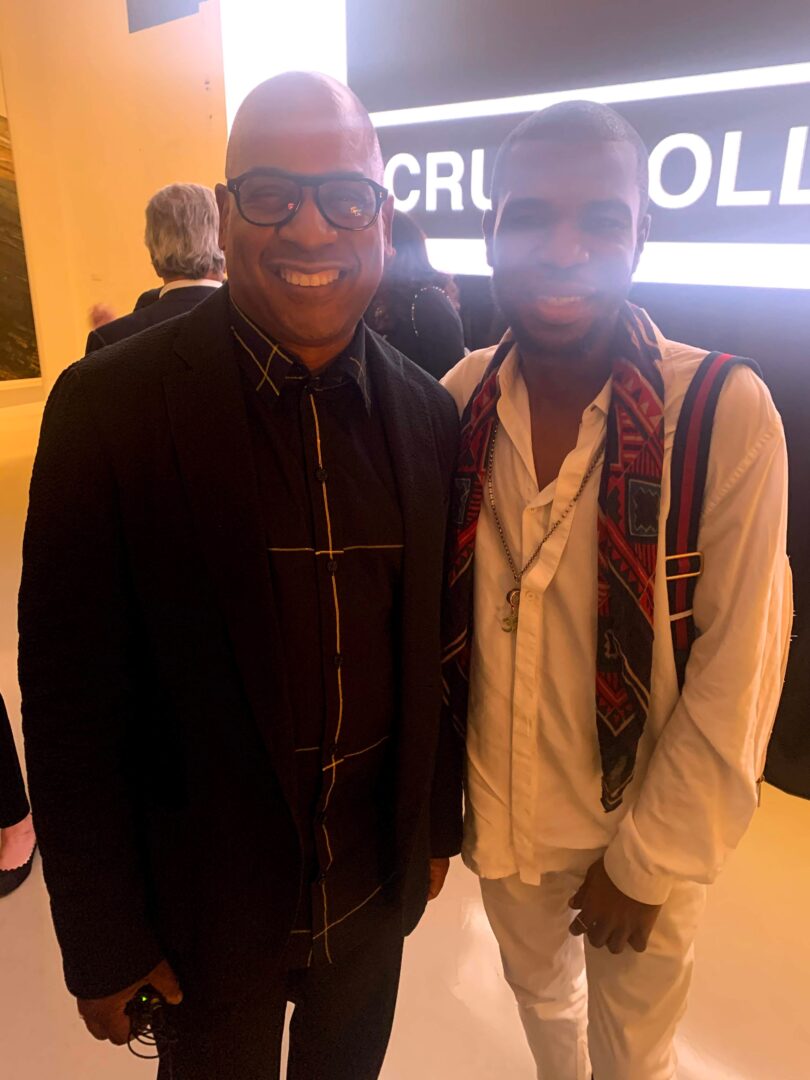
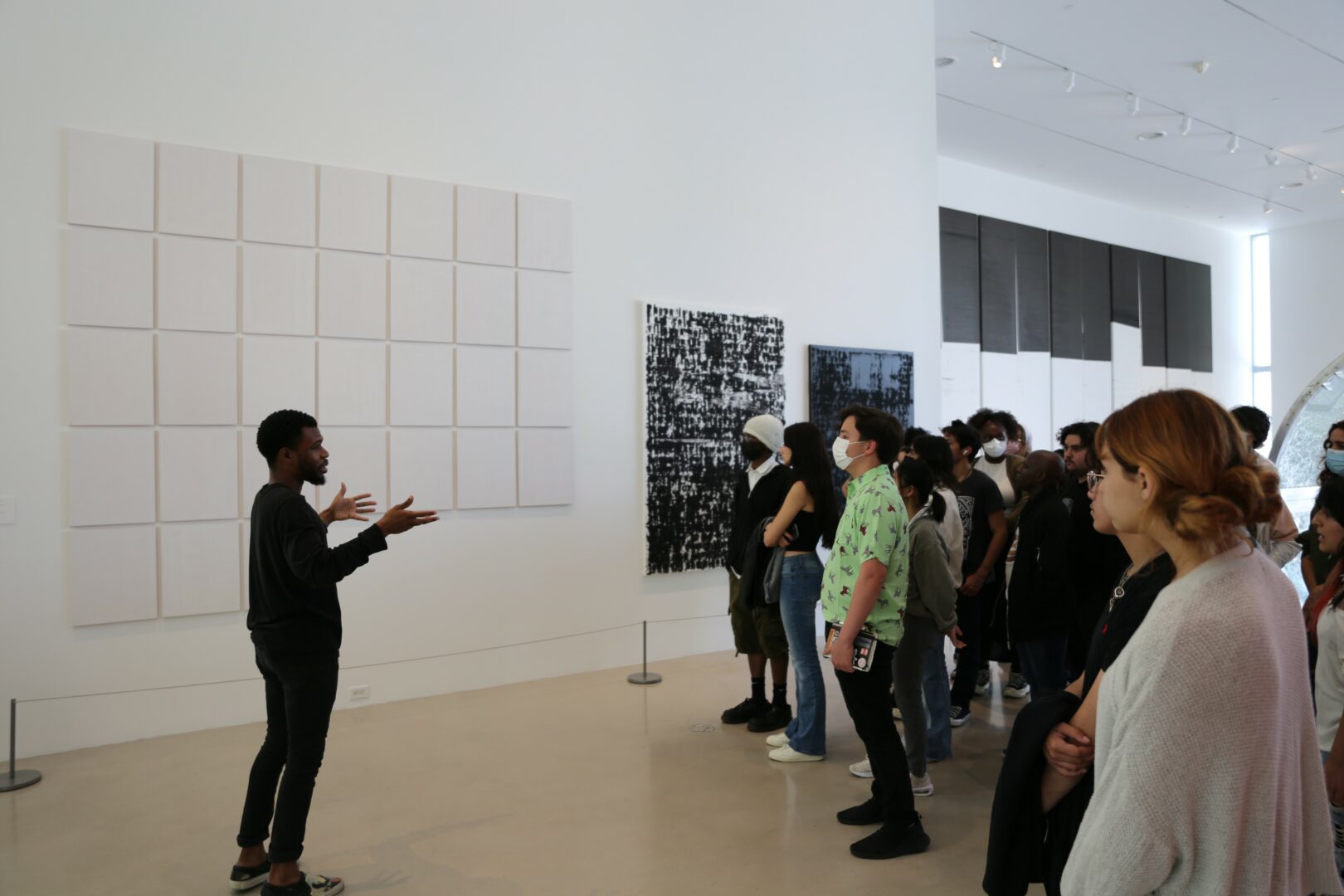
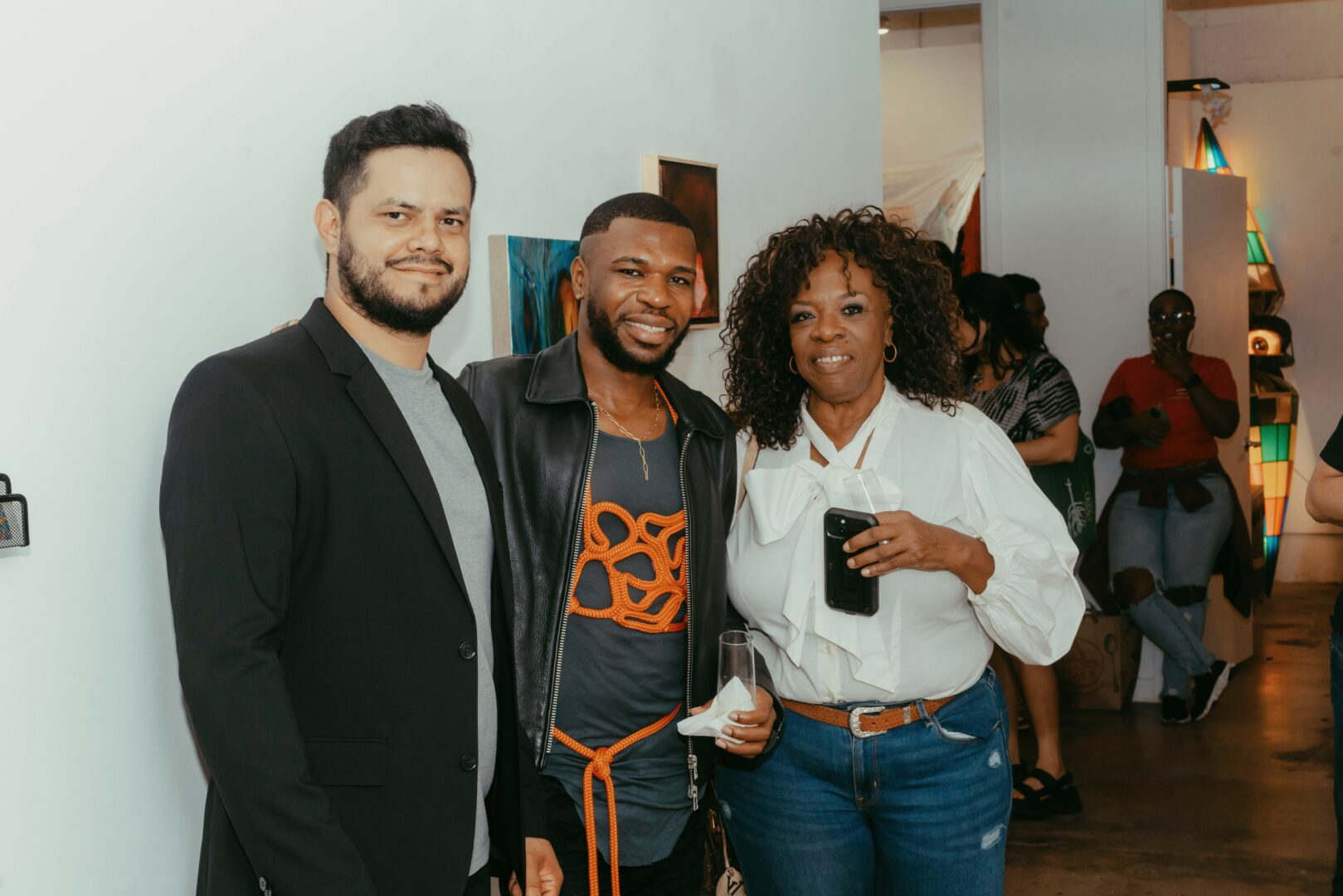
Image Credits
Saige Mills
Content Nice llc
so if you or someone you know deserves recognition please let us know here.

